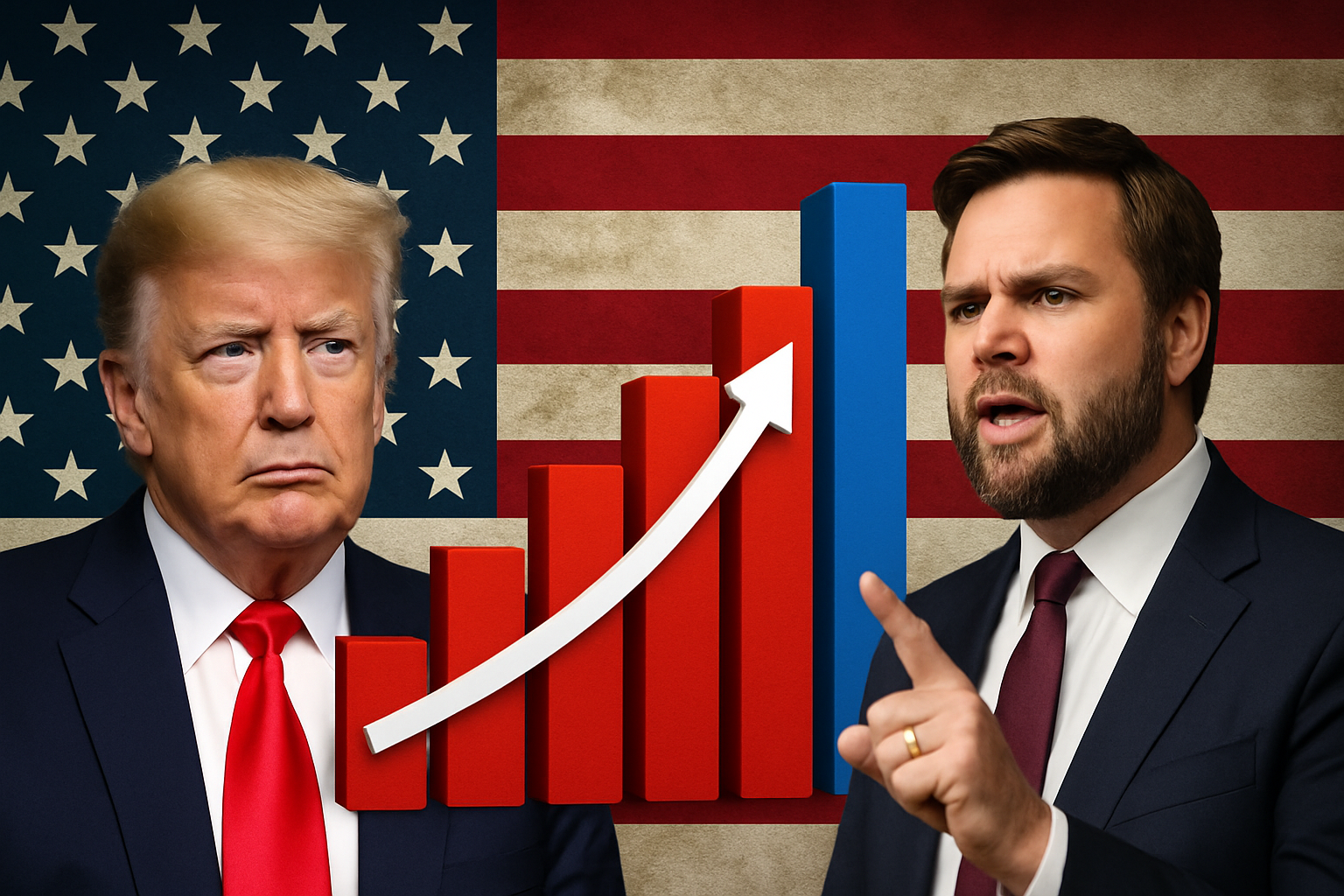Coinbase is taking bold steps as the crypto landscape faces growing regulatory pressure. With increased scrutiny on digital assets, the company is now actively exploring the possibility of securing a U.S. banking license. This move would mark a major shift toward traditional finance.
On April 22, a renowned crypto news agency contacted Coinbase, and a company spokesperson confirmed via email: “This is something Coinbase is actively considering but has not made any formal decisions yet.”
This isn’t the first hint at such ambitions. Coinbase CEO Brian Armstrong previously mentioned that, based on the sheer volume of customer funds it handles, the exchange would rank as the 21st largest bank in the United States.
Coinbase isn’t alone in this strategy. According to a Wall Street Journal report on April 21, other crypto firms like Circle, the issuer of USDC, and crypto custody provider BitGo are also looking into obtaining full banking licenses. These licenses would enable them to offer services such as deposit-taking, lending, and other traditional banking functions.
Acquiring a banking license would also open the door to Federal Reserve support and deposit insurance, providing an extra layer of security for customer funds. However, the path to becoming a bank isn’t easy. It involves rigorous compliance checks and significant regulatory hurdles.
To date, Anchorage Digital remains the only crypto-native company to successfully obtain a U.S. banking license. Its CEO, Nathan McCauley, revealed that the firm invested tens of millions of dollars to meet the required standards.
U.S. Moves Toward Stablecoin and Altcoin Regulation
The United States is gearing up to tighten oversight of stablecoins and altcoins, signaling a new chapter in digital asset regulation. This shift is happening under a more crypto-supportive administration led by President Donald Trump. With his appointees in key positions, agencies like the SEC are showing a noticeably more flexible stance on crypto-related matters.
Currently, lawmakers are evaluating two pivotal legislative proposals: the GENESIS Act and the STABLE Act. These bills are designed to bring structure and transparency to the digital asset space, offering clearer guidelines that could benefit firms operating within regulatory boundaries.
As the regulatory environment begins to evolve, traditional banks are taking notice. In February, Bank of America CEO Brian Moynihan shared that the institution is exploring the possibility of launching a stablecoin. Just a month prior, in January, he had already voiced support for integrating cryptocurrency payments into mainstream banking services.






